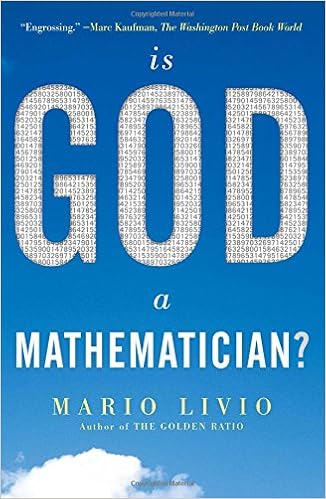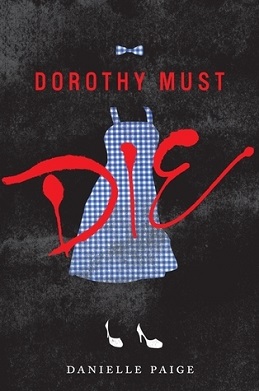
Sister Carrie is a 1900 novel written by Theodore
Dreiser. It tells the story of an 18-year-old girl from Wisconsin who leaves
her rural life behind and moves to Chicago. While in Chicago, Carrie begins
realizing her own version of the American Dream. This starts out as her
becoming the mistress of a man with higher standing than she does, but
progresses to her going into the theater and becoming an actress.
While Dreiser’s novel didn’t see much praise by the general
public when it was first published, it did receive positive reviews and has
been referred to as one of the greatest American novels. Most of the praise the
novel received centers around the sense of realism in the novel. The
descriptions of life in New York and Chicago around the turn of the century
were praised for how accurate they were, for better or worse. Other praise
centered around the novel’s realistic depiction of the human condition, with
one review even stating Sister Carrie didn’t have “the slightest trace
of sentimentality or pettiness”. Criticism at the time of the novel’s release
centered around Dreiser’s writing style, which many found to be lacking and
highlighted his own lack of education. There was also criticism over the sexual
content it contained, which is laughable by today’s standards, but was shocking
in 1900. Somehow, despite the lack of sales and heavy criticism, Sister
Carrie survived over a century to the modern day.
While very little of the critique at the time of the novel’s
release seem to be about the story itself, most of the things I dislike about Sister
Carrie relate to the plot and characters. To be blunt, I don’t like any
characters in this story. Carrie is fickle and seems to only care about
furthering her own social standing, to the point of me hoping she gets run over
by a trolley. She had dreams of moving to the big city and being rich, which
there’s nothing wrong with, but everyone who tries to bring her down to reality
is entirely written off. Carrie wants what she wants and at no point do other
people factor into her behavior at all. George Hurstwood, who is one of the men
Carrie has an affair with, not only cheats on his wife and steals from his
employer, for Carrie no less, but he doesn’t seem to grasp how little the
object of his affection truly cares for him.
Most other characters are one-dimensional at best, serving a
purpose only to further along the plot. Carrie’s sister Minnie wants Carrie to
focus on getting a new job after losing her old one and when she can’t, or
doesn’t want to, Minnie’s family can’t support her which sets off the chain of
events that leads to Carrie becoming someone’s mistress. One of her neighbors
in New York serves the sole purpose of making Carrie dissatisfied with what she
already has, which is remarkably more than most other New Yorkers.
My main issue with Sister Carrie is the plot itself.
I spent the entire length of the novel waiting for Carrie to run into an
obstacle. Any obstacle. She doesn’t get the part she wants, or someone from her
past resurfaces, or she loses what she’s already gained. None of that happens.
Carrie goes from one high point, to another and never pays for any of her
actions. She has setbacks, but they never set her back too far or inspire any
kind of change. This plot I’d be more likely to accept if she wasn’t such an
awful person. At the end of the novel, Carrie’s rich and famous, but not happy,
and comes to the conclusion that if she isn’t happy now, perhaps she’ll never
be.
Sister Carrie is an American classic and like most
other classics, that doesn’t make it enjoyable. If I were to rate every classic
I’ve ever read, this one would probably rate pretty low. None of the characters
are interesting or even likable, the plot is meandering and has no real flow to
it, and overall, its just boring.







